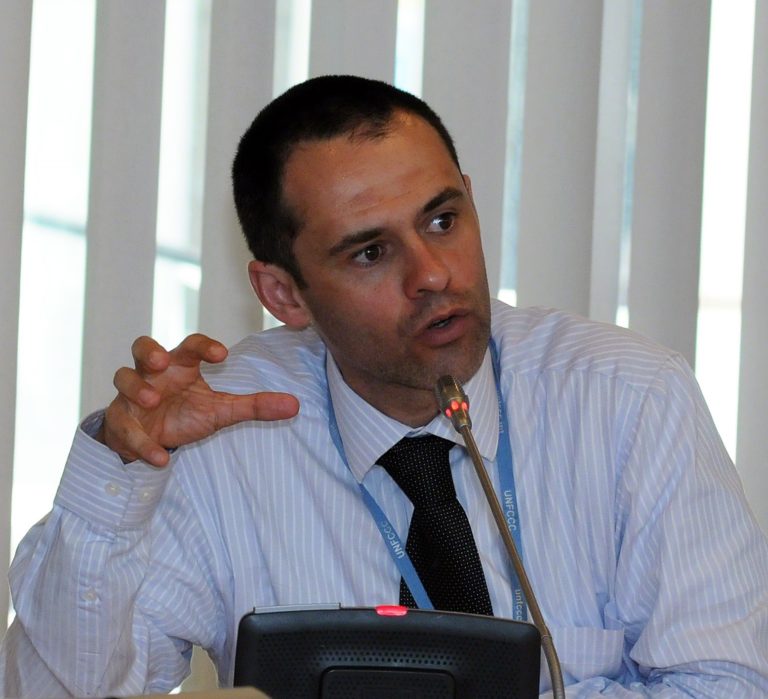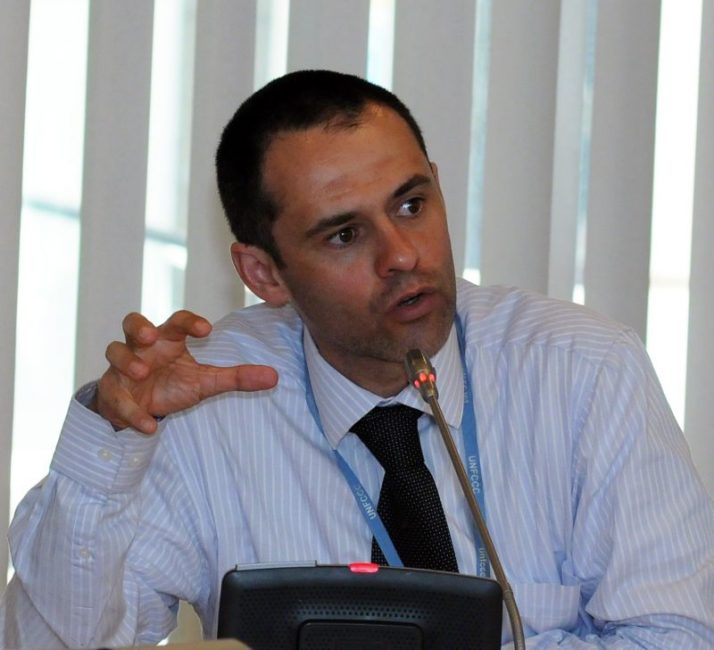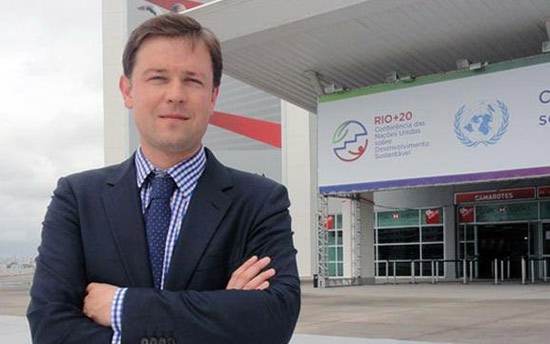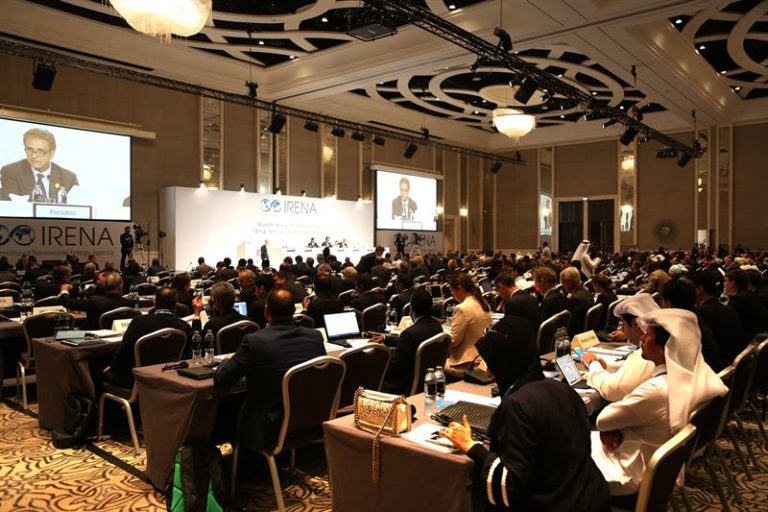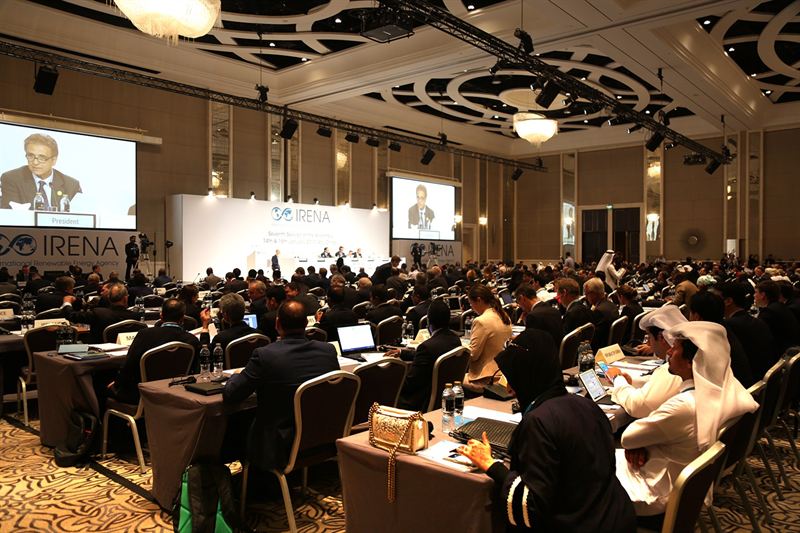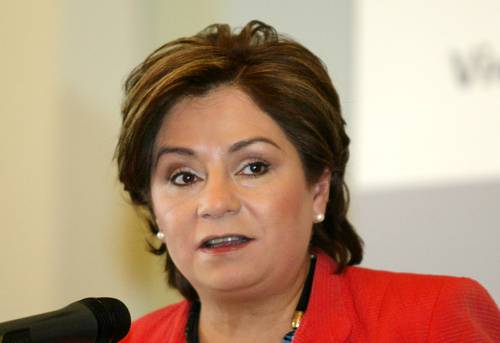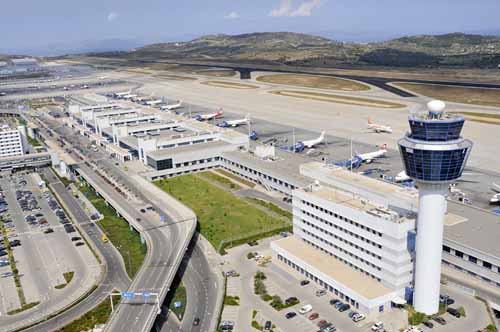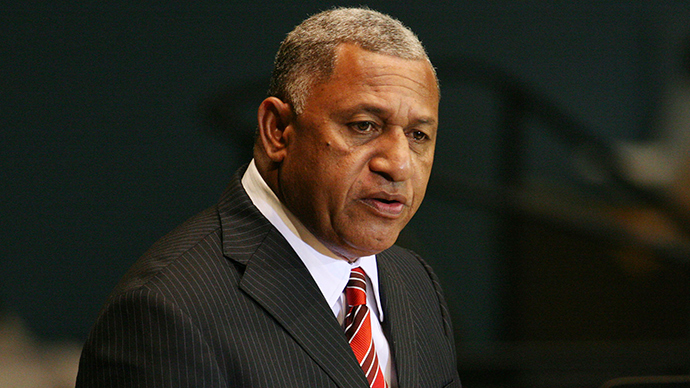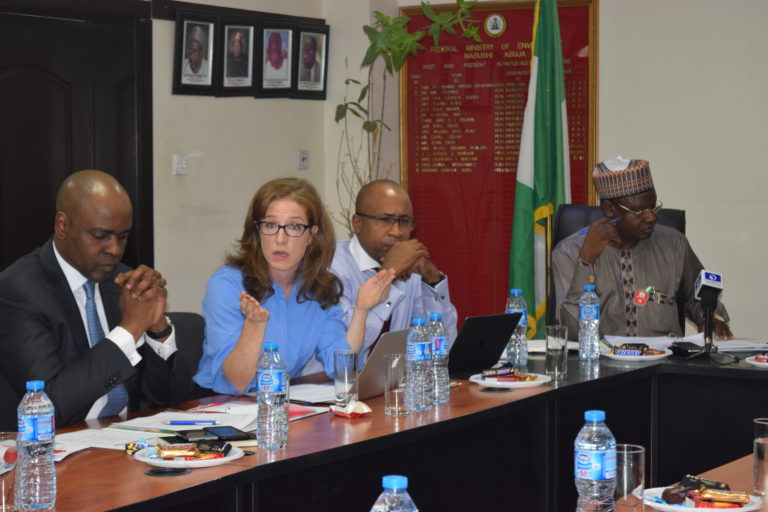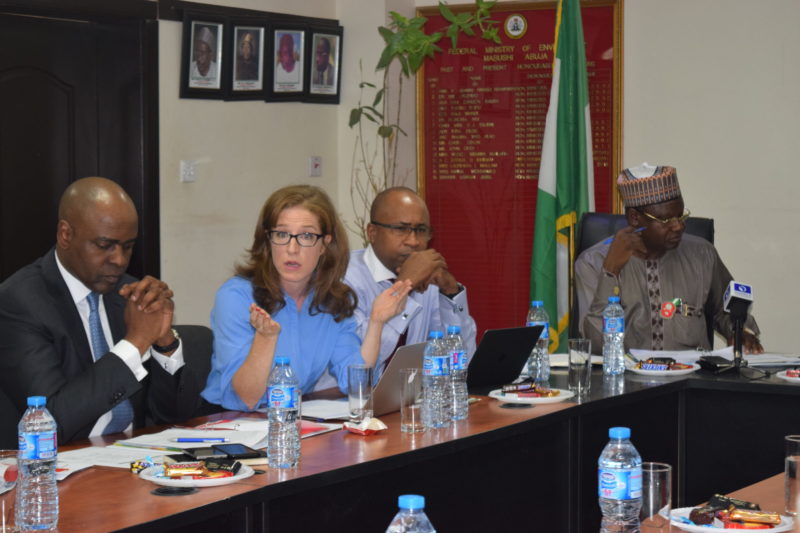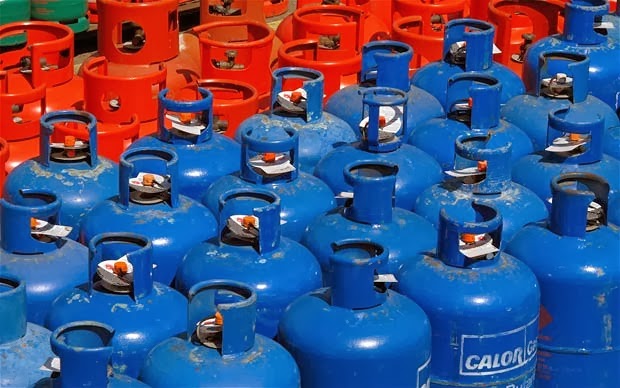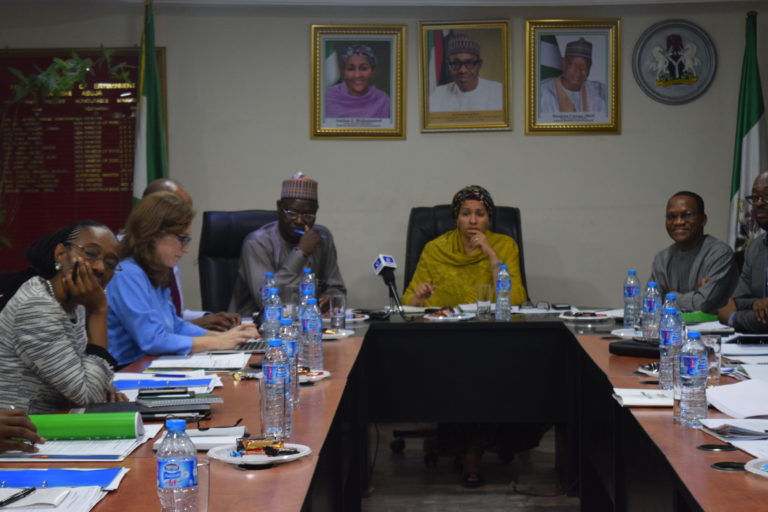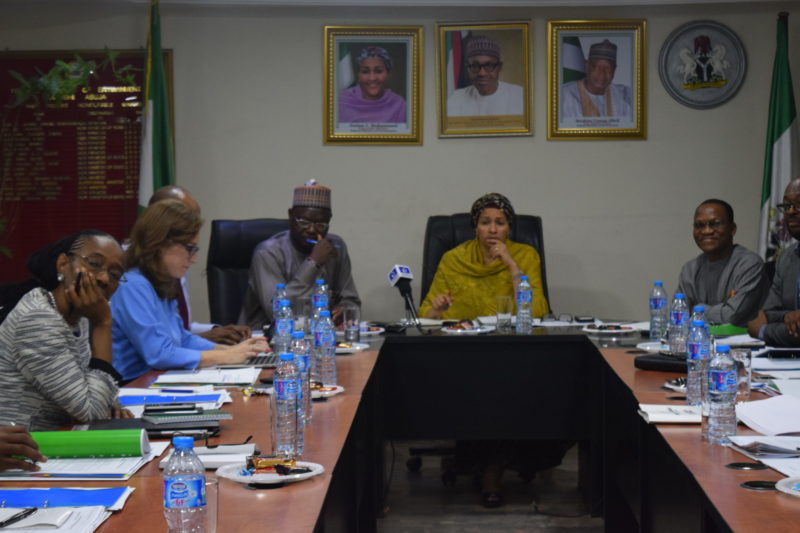A new report on Sustainable Business shows that the next decade is critical for companies to open 60 key market “hot spots,” tackle social, environmental challenges, and re-build trust with society
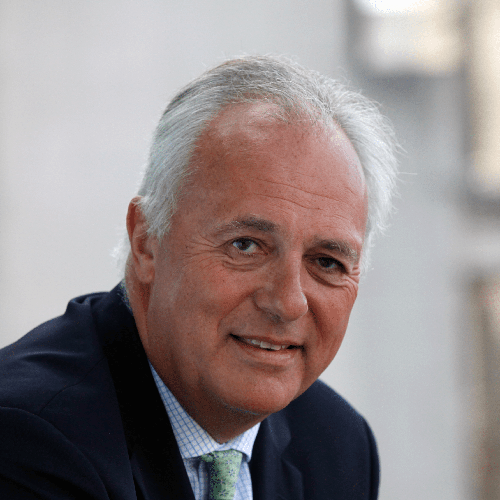
More than 35 CEOs and civil society leaders of the Business & Sustainable Development Commission (the Commission) on Monday, 16 January 2017 in London, UK revealed that sustainable business models could open economic opportunities worth at least $12 trillion and up to 380 million jobs a year by 2030.
The Business and Sustainable Development Commission was launched at the World Economic Forum in Davos.
Putting the Sustainable Development Goals, or Global Goals, at the heart of the world’s economic strategy could unleash a step-change in growth and productivity, with an investment boom in sustainable infrastructure as a critical driver. However, this will not happen without radical change in the business and investment community. Real leadership is needed for the private sector to become a trusted partner in working with government and civil society to fix the economy.
In its flagship report Better Business, Better World, the Commission recognises that while the last few decades have lifted hundreds of millions out of poverty, they have also led to unequal growth, increasing job insecurity, ever more debt and ever greater environmental risks. This mix has fueled an anti-globalisation reaction in many countries, with business and financial interests seen as central to the problem, and is undermining the long-term economic growth that the world needs. The Commission has spent the last year exploring a central question, “What will it take for business to be central to building a sustainable market economy – one that can help to deliver the Global Goals?” Better Business, Better World – the release of which is timed with the World Economist Forum in Davos and the U.S. presidential inauguration – shows how.
“This report is a call to action to business leaders. We are on the edge and business as usual will drive more political opposition and land us with an economy that simply doesn’t work for enough people. We have to switch tracks to a business model that works for a new kind of inclusive growth,” said Mark Malloch-Brown, chair of the Business & Sustainable Development Commission. “Better Business, Better World shows there is a compelling incentive for why the latter isn’t just good for the environment and society; it makes good business sense.”
At the heart of the Commission’s argument are the Sustainable Development Goals (or Global Goals) – 17 objectives to eliminate poverty, improve education and health outcomes, create better jobs and tackle our key environmental challenges by 2030. The Commission believes the Global Goals provide the private sector with a new growth strategy that opens valuable market opportunities while creating a world that is both sustainable and inclusive. And the potential rewards for doing so are significant.
The report reveals 60 sustainable and inclusive market “hotspots” in just four key economic areas could create at least $12 trillion, worth over 10% of today’s GDP. The breakdown of the four areas and their potential values are: Energy $4.3 trillion; Cities: $3.7 trillion; Food & Agriculture $2.3 trillion; Health & Well-being $1.8 trillion.
“Global Goals hot spots” identified in the report have the potential to grow two to three times faster than average GDP over the next 10-15 years. Beyond the $12 trillion directly estimated, conservative analysis shows potential for an additional $8 trillion of value creation across the wider economy if companies embed the Global Goals in their strategies. The report also shows that factoring in the cost of externalities (negative impacts from business activities such as carbon emissions or pollution) increases the overall value of opportunities by almost 40%.
“At a time when our economic model is pushing the limits of our planetary boundaries and condemning many to a future without hope, the Sustainable Development Goals offer us a way out,” said Paul Polman, CEO of Unilever, and a commissioner. “Many are now realising the enormous opportunities that exist for enlightened businesses willing to stand up and address these urgent challenges. But every day that passes is another lost opportunity for action. We must react quickly, decisively and collectively to ensure a fairer and more prosperous world for all.”
While the opportunities are compelling, the Business Commission makes it clear that two critical conditions must be met to build these new markets. First, innovative financing from both private and public sources will be needed to unlock the $2.4 trillion required annually to achieve the Global Goals.
“As stewards of long-term capital, the investment industry and its clients can support the achievement of the SDGs by creating simple, standardised sustainability metrics integral to the investment process,” said Hendrik du Toit, CEO, Investec Asset Management, and member of the Commission. “We also need new streamlined partnerships with governments and communities that can reduce risks for everyone and bring more private investment at lower cost into sustainable infrastructure development.”
At the same time, the Commission believes a “new social contract” between business, government and society is essential to defining the role of business in a new, fairer economy. The recently released 2017 Edelman Trust Barometer reinforces this idea. It shows that while CEO credibility is sharply down, 75% of general population respondents agree that “a company can take specific actions that both increase profits and improve the economic and social conditions in the community where it operates.” And they can do so in ways that align with recommendations and actions outlined in Better Business, Better World: rebuilding trust by creating decent jobs, rewarding workers fairly, investing in the local community and paying a fair share of taxes.
“The promise of the Sustainable Development Goals and the Paris Climate Agreement is a zero-carbon, zero-poverty world,” said Sharan Burrow, General Secretary, International Trade Union Confederation, and commissioner. “To achieve these Global Goals, we need to rebuild trust. A new social contract for business where people, their environment and economic development are rebalanced can ensure that everybody’s sons and daughters are respected with freedom of association, minimum living wages, collective bargaining and safe work assured. Only a new business model based on old principles of human rights and social justice will support a sustainable future.”
Throughout 2017, the Commission will focus on working with companies to strengthen corporate alignment with the Global Goals, including: mentoring the next generation of sustainable development leaders; creating sectorial roadmaps and league tables that rank corporate performance against the Global Goals; and supporting measures to unlock blended finance for sustainable infrastructure investment. “We need to show these ideas work not just in a report but on the business frontline,” said Dr. Amy Jadesimi, CEO of LADOL, a Nigerian logistics and infrastructure development company, and a member of the Commission.
“The Global Goals provide a sustainable, profitable growth model for business, and have the potential to trigger a new competitive ‘race to the top,’” said Jeremy Oppenheim, Programme Director of the Commission. “The faster CEOs and boards make the Global Goals their business goals, the better off the world and their companies will be.”
Courtesy: ValueWalk

